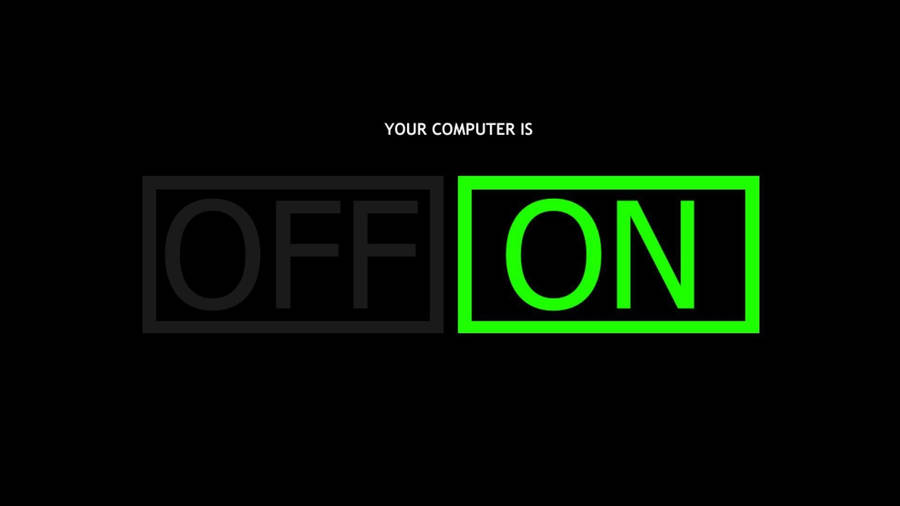You don't even understand how most software is sold on the internet... It's ALL automated. What do you mean - "Who tracks who did/didn't pay?" How can anybody NOT pay? Who collects the money? The SYSTEM collects the money. How do you identify a deffered a standard transaction from a deferred transaction? Umm... one is 'Product 1' that costs £33, and the other is 'Product 2" that costs £99.SJ_Digriz wrote:basslinemaster wrote:How? Can you elaborate? Do you know how software is sold, how it is delivered to the customer? It's all automated, the developer doesn't have to do anything at all.chk071 wrote:Yeah. Way too much hassle for the respective company.
Say I am selling some software - a word processor, for £99. I have a sale before Christmas, for £33, and I see sales go up by ten times. I then decide to offer payment on instalments, three monthly payments of £33. To prevent people paying only £33 and then having the full program, it expires after one month, until they've paid all three payments. All of this is automatically done by my e-commerce system. I don't have to manually do anything, whether the customer pays the whole £99 or wants to pay in instalments.
What exactly is so difficult and troublesome to the developer in that scenario?SJ_Digriz wrote: Who sets up and manages the transactions? Who tracks who did/didn't pay? Who collects the money? How do you identify a standard transaction from a deferred transaction? Do we keep two systems (regular shopping cart vs special cart)? Who codes and maintains the special "payment plan" part of the software authorization system? Who does the financial tracking for taxes on deferred payments?
If you did that to create, what I would estimate to be about 3 users ... it's a total money pit. If it was 10,000 users .. it would be marginally viable.
You estimate it to be about 3 users... okay...






